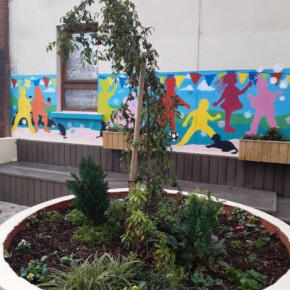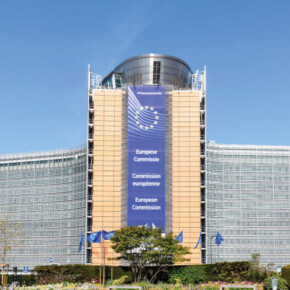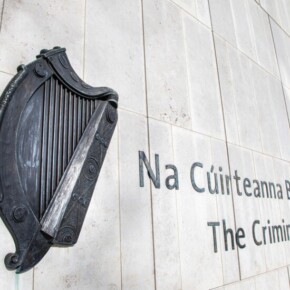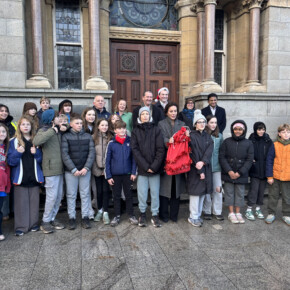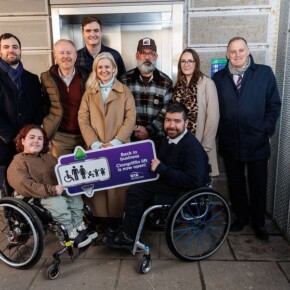Massive rise in number of families needing help
Dublin People 28 Jul 2013
THE vital work that Family Resource Centres (FRCs) do across the country was highlighted recently at a high profile national forum in the Shelbourne Hotel.
At the gathering that was attended by representatives of the 106 centres across Ireland, including those in Balally and Killinarden, it was revealed how there has been a 40 per cent increase in demand for their services in the last year.
FRC coordinators met with members of the Oireachtas, including South Dublin TDs Peter Mathews, Sean Crowe, Eoghan Murphy and Senator Cait Keane, to brief them on their work particularly in the area of early-intervention child and family supports.
Claire Dineen, the chairperson of the Family Resource Centre National Forum (FRCNF) that acts as the umbrella group for the centres, told the TDs that Family Resource Centres had witnessed a steady and sizable increase in the number of people accessing their services every year since the onset of the recession.
“These increases are attributable to a number of factors,
? she said.
“Firstly, the recession has led to more families and individuals needing support.
“We provide services ranging from interview skills to community banks, household budgeting and addiction supports. So we have always been well placed to help people up skill, find work, or cope with financial demands.
“However, secondly, and perhaps most importantly, we have deliberately positioned ourselves to offer early-stage interventions to those in need of support.
“We want people to know that, by going to their local FRC, they can get help before a problem gets out of hand. We have worked hard to promote this message at local level, and the increase in the number of people accessing our services is testament to this.
?
Last year, FRCs helped 85,000 families and individuals by providing information on their rights and entitlements.
They also distributed
‘intervention’ foods through the EU Most Deprived Persons Scheme and worked to improve people’s economic circumstances through the provision of administrative supports to job seekers and learning opportunities focused on accessing work.
In addition to helping people to cope with poverty, FRCs also work to safeguard vulnerable members within family units.
Among the figures revealed at the forum were the 10,742 children who accessed childcare services in FRCs in 2012, ranging from full-time day care to sessional, drop-in and high-scope childcare, while 16,051 adults participated in learning opportunities.
These included personal development courses and courses related to life skills, as well as more structured learning programmes.


